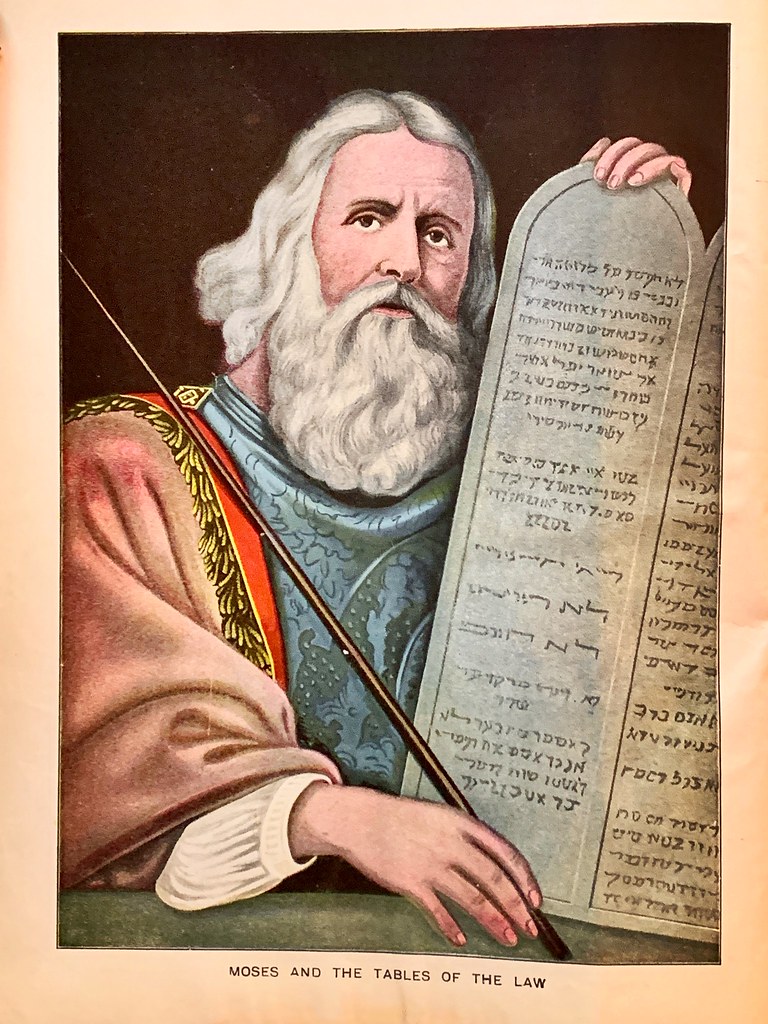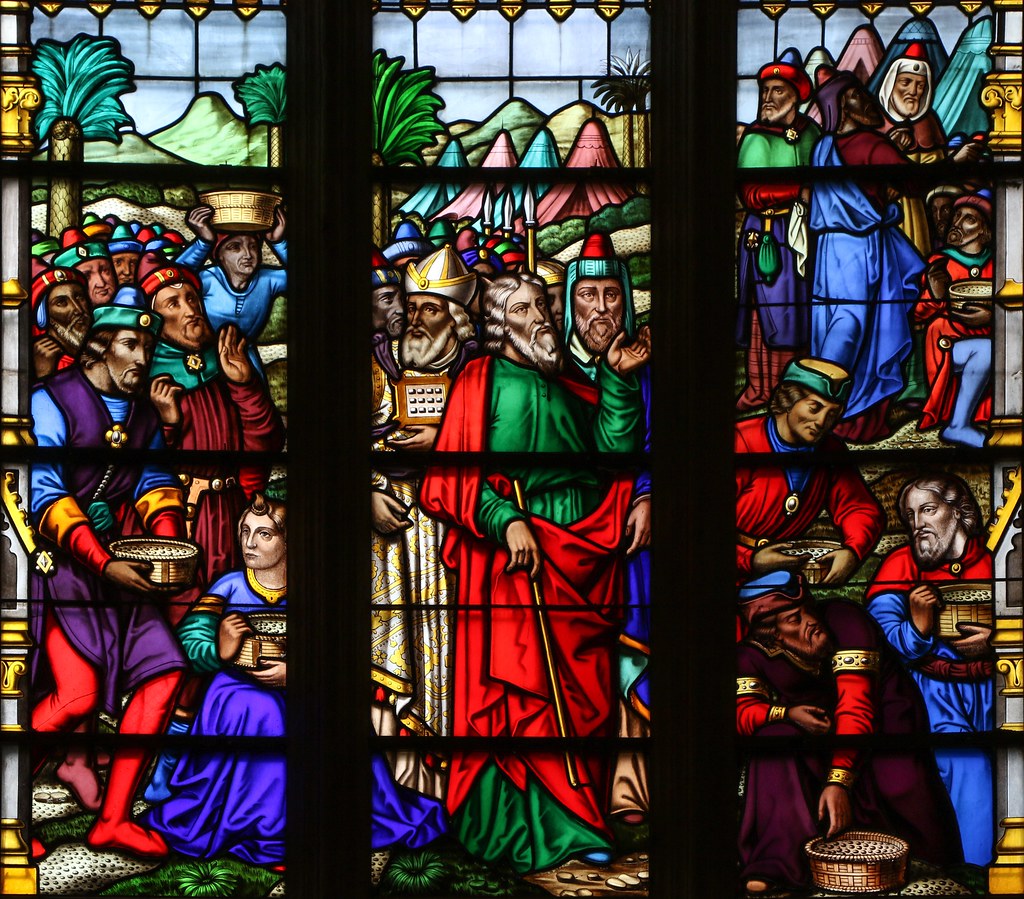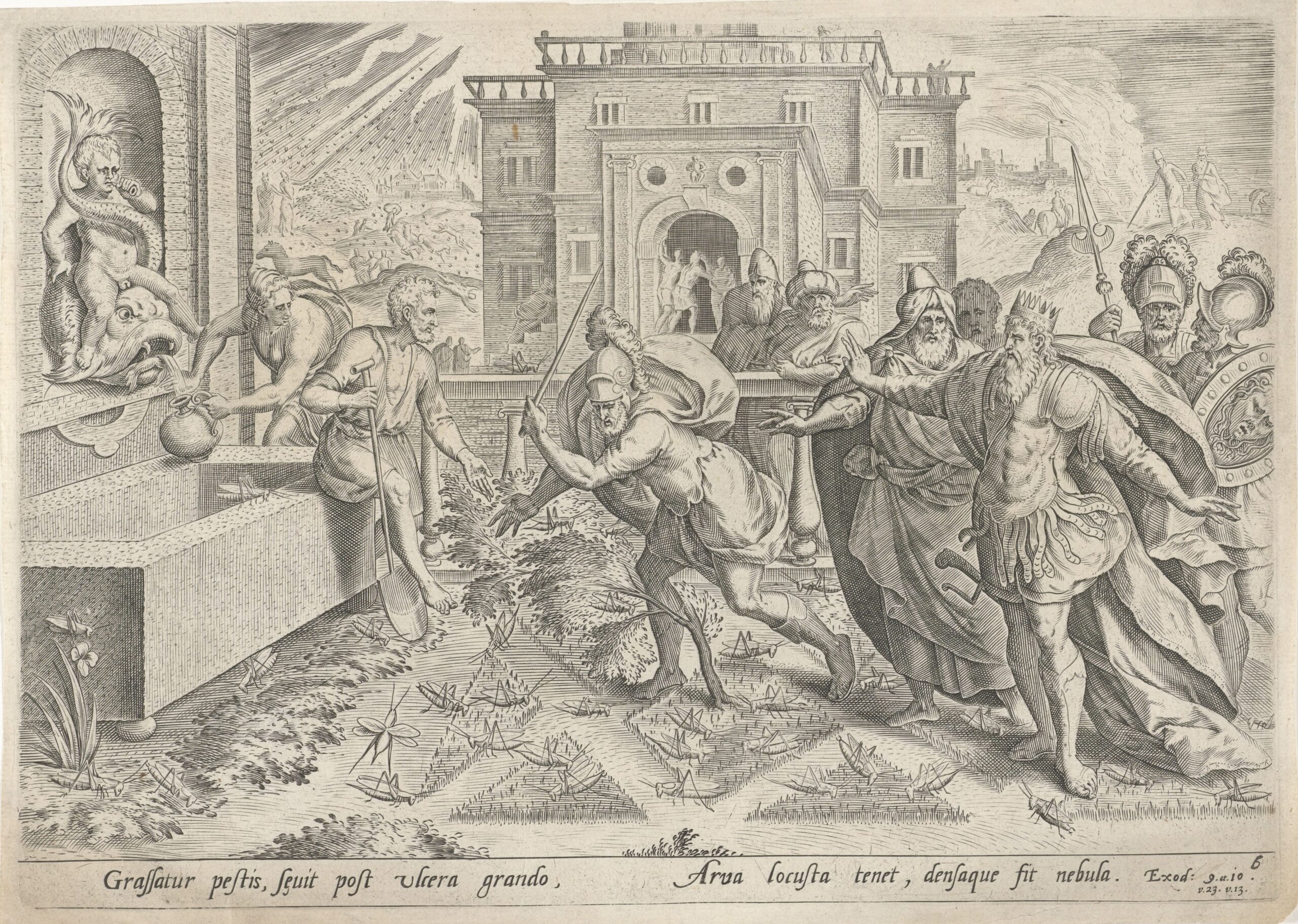Exodus 20 and Its Messianic Link to Jesus
Exodus 20 is a pivotal chapter in the Bible, containing the Ten Commandments, a foundational set of moral and ethical guidelines given to the Israelites by God at Mount Sinai. While this chapter may not contain explicit Messianic prophecies, it can still be linked to Jesus in several profound ways. In this article, we will explore the events of Exodus 20 and the connections it holds with the person of Jesus Christ.
The Ten Commandments: Exodus 20 is where God delivers the Ten Commandments to Moses and the Israelites. These commandments are a set of moral and ethical principles that form the basis of Judeo-Christian ethics.
The Messianic Link to Jesus:
- Fulfillment of the Law: In the New Testament, Jesus emphasizes the importance of the moral and ethical principles found in the Law. He declares that He came not to abolish the Law but to fulfill it (Matthew 5:17). This means that Jesus embodies the moral standards set forth in the Ten Commandments.
- Love and Neighborly Compassion: Many of the commandments in Exodus 20 focus on love for God and love for one’s neighbor. Jesus reinforces these principles in His teachings, especially in the command to love God and love others as oneself (Matthew 22:37-40). He exemplifies love and compassion throughout His ministry.
- No Other Gods: The first commandment in Exodus 20 emphasizes the exclusivity of worshiping the one true God. In Christianity, Jesus is regarded as the Son of God and the divine path to salvation. He embodies the exclusive relationship between God and humanity.
- Graven Images: The prohibition against making graven images or idols is a commandment found in Exodus 20:4. Jesus, as the incarnate Word of God, is seen as the true and living representation of God, rendering the need for physical idols obsolete.
- Taking the Lord’s Name in Vain: Exodus 20:7 instructs against taking the Lord’s name in vain. In Christianity, Jesus’ name is revered and invoked in prayer, acknowledging His divine authority and role as Savior.
- Sabbath Rest: The commandment to observe the Sabbath is a recurring theme in the Bible. In the New Testament, Jesus declares Himself as the Lord of the Sabbath (Matthew 12:8). He provides spiritual rest and fulfillment, symbolized by the Sabbath rest.
- Honoring Parents: The commandment to honor one’s parents reflects the importance of family and respect. Jesus’ teachings on love and respect for family align with this commandment.
- Thou Shall Not Murder: The commandment against murder underscores the sanctity of human life. Jesus emphasizes the value of human life and condemns violence in His teachings.
- Adultery and Lust: The commandment against adultery in Exodus 20:14 extends to the principle of purity and fidelity upheld by Jesus in His teachings (Matthew 5:27-28).
- False Witness and Covetousness: Jesus condemns bearing false witness and covetousness in His moral teachings, aligning with the commandments found in Exodus 20.
In summary, Exodus 20 contains the Ten Commandments, a set of moral and ethical principles that hold profound significance in Judeo-Christian ethics. While not explicitly Messianic, this chapter can be connected to Jesus through the fulfillment of the Law, the emphasis on love and compassion, the exclusivity of worship, the representation of God, reverence for Jesus’ name, the concept of Sabbath rest, respect for family, the sanctity of human life, purity and fidelity, and moral integrity. These parallels underscore the theological significance of Jesus in Christian faith and His role as the embodiment of God’s moral and ethical standards.
#Exodus20 #MessianicConnections #JesusChrist #TenCommandments #BiblicalNarrative #MoralEthics #LoveandCompassion #ChristianTheology #ExclusivityOfWorship #SabbathRest #FamilyValues #SanctityOfLife #PurityAndFidelity #MoralIntegrity #ChristianFaith #BibleStudy #ReligiousNarrative #DivineStandards #Reverence



